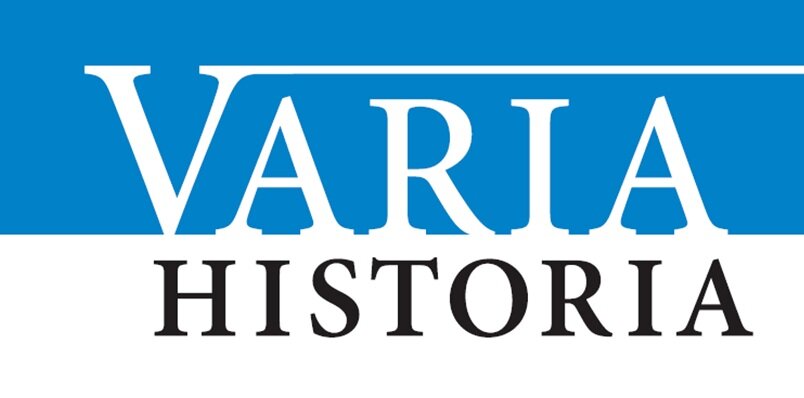Considering that research practices and the writing of history have been changing significantly, Varia Historia is presenting a new some criteria for co-authorship in manuscripts submission. Even though the main historiographical tradition has been individual authorship, we think it is time for historians to face the challenges presented by co-authorship. In order to do this, Varia Historia have consulted some guidelines from some recognized publishers and institutions as the International Committee of Medical Journal Editors (ICMJE), Council of Science Editors, Committee on Publication Ethics (COPE), and Elsevier.
Authorship is a big responsibility, and cannot be claimed lightly. Several areas have already defined criteria for co-authorship, and History also needs to discuss norms, rules and guidelines adequate to its singularities.
Undue authorship credits are unethical, devalue the contribution of authors who actually worked on the article, harm young researchers, and reinforce stratified academic hierarchies.
Following the traditions of the History area, institutions as ANPUH, CAPES History Area Committee, and the Forum of the Graduate Programs Coordinators in History have condemned the co-authorship credit for supervisors and mentors in articles resulting from Master thesis and PhD. dissertations. Varia Historia totally agrees with this criterion.
Co-authorship is considered fair when each author who sign the article fulfills all the conditions below:
1. Conception of the problem/argument, theoretical and methodological approach.
2. Analysis of the sources and their interpretation.
3. Writing and text revision.
4. Commitment to all the practices involved in the article making, as ethical issues, originality, no plagiarism at all, credits of images and illustrations, etc.).
5. Revision and approval of the final text to be published.
Those who do not meet all these requirements should be acknowledged.
All authors’ names should be clearly indicated at the time of submission. During the submission process, our Editorial Committee must evaluate changes in co-authorship and the article may be rejected at any time.
The proponents will decide the order of authors’ names, without interference from the journal.
Varia Historia reserves the right to send a form to all authors requesting details on co-authorship, soon after the submission.
Copyright policy
All articles in Varia Historia are published under a Creative Commons Licence.
The authors are required to sign a publishing agreement through which they cede the copyright to the journal.
